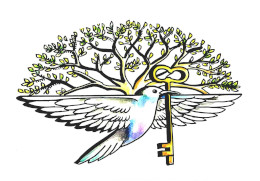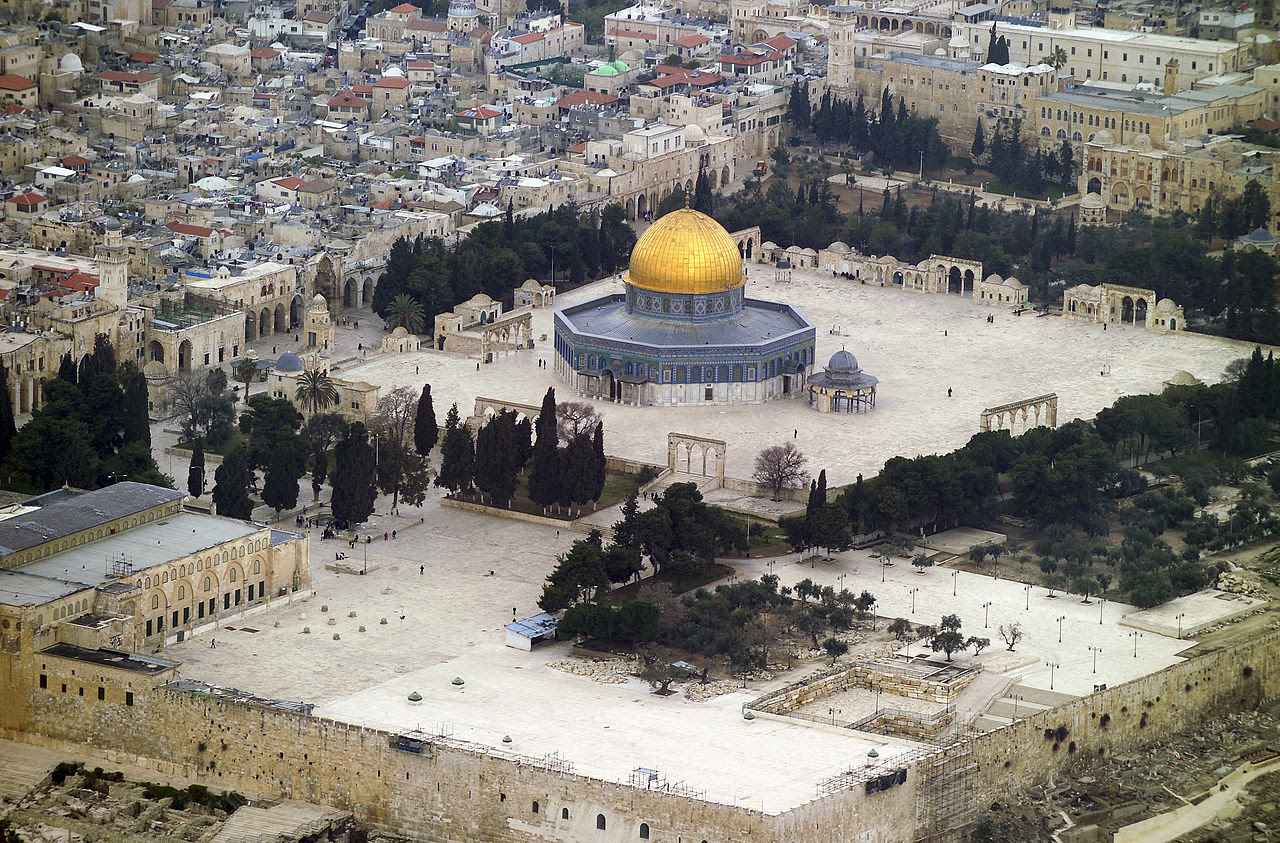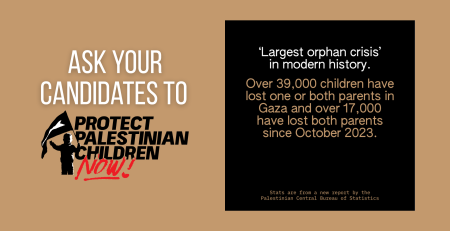By Jonathan Kuttab
June 9, 2022, first appeared in Friend of Sabeel North America posting
June 5, 1967 was the first day of the Six-Day War, when Israel attacked its Arab neighbors, destroyed their airforces and armies, and proceeded to capture the West Bank, including East Jerusalem, Gaza, the Golan Heights (from Syria), and the Sinai Peninsula (from Egypt). Israel claimed this was a “defensive, preemptive” war and that the Arab armies were poised to attack and annihilate it. Modern Israeli historians, in-line with contemporary scholarship, freely admit that Israel was never in any danger and that, for all their bluster, the Arab armies were neither planning nor were in any position to wage war against Israel. But, the myth persists and most Americans still think that Israel was attacked in 1967 by surrounding Arab armies. This event has been labeled by the Arab countries as a Naksa (setback), to be distinguished from the Nakba (catastrophe) of 1948, and it has been argued that international law and outside pressure would soon force an Israeli withdrawal that would ultimately eliminate the effects of the Naksa.
Israel claimed that it had no territorial ambitions and would gladly return the Occupied Territories in return for peace with the Arabs. Many in the West still believe this lie, clinging to the mirage that a grand compromise can be reached whereby Israel withdraws its occupation forces and permits the existence of a Palestinian state in the West Bank and Gaza side by side and in peace with Israel.
Every Israeli government since 1967 has maintained this lie—with some governments (particularly Labor or leftist governments) being more forthcoming as to how far they are willing to go in making compromises, while more right-wing governments (like Likud under Netanyahu) have been clearly less willing to promise serious concessions or withdrawal. Yet, all Israeli governments worked to establish more and more settlements in the Occupied Territories and confiscate more and more land. In fact, they were thrilled to “limit the conflict” to those territories occupied in 1967 and forget about the rights of Palestinians in the remainder of Palestine. The issue, to many of them, was how much land would they have to return and how much authority over the West Bank would be shared between the Palestinians and Israel and its settlers.
When negotiations between Israel and the PLO took place under the auspices of the United States, it was agreed that “permanent status issues” would be left to the end: Jerusalem, the settlements, the borders, the refugees, and security arrangements. A Palestinian Authority was created, which was supposed to be the nucleus of the coming State of Palestine, and “permanent status negotiations” were supposed to begin within three years and concluded no more than five years after the signing of the Cairo Agreement in 1994, which was falsely labelled an Interim Agreement. This never in fact happened.
Now, 55 years after the Six-Day War, it is worth taking a new look at current realities and challenging the lies and half truths that stand in the way of genuine peace. The list below runs contrary to the official, prevailing views typically allowed in this country, but it is becoming more and more difficult to deny the following truths:
| Israel has ambitions and plans to keep all of the Occupied Territories. It is neither willing to withdraw to the 1967 borders nor allow for an authentic, sovereign Palestinian state to arise there or anywhere else in Palestine. The Saudi (Arab Peace) Initiative, which offered Israel full peace with all Arab and Muslim states in return for giving up those territories it occupied in 1967, was never even considered by Israel. |
| Israel is not willing to abide by the provisions of international law or be governed by universal standards of human rights when it comes to Palestinians. It relies on the United States to insulate it from any accountability before international tribunals. |
| Israel is not in any military danger, nor does it face any legitimate security concerns. To the contrary: it is a major military power vastly superior to the Palestinians as well as to all surrounding Arab countries, who have no interest in fighting it anyway. Israel has nuclear weapons, chemical and biological weapons, a highly sophisticated weapons industry, and the ability to project its power throughout the region. In fact, it regularly bombs its neighbors, particularly Syria, as well as Palestinians in Gaza. Even without the unqualified support of the United States, Israel has no military challengers. |
| Israel has no interest in offering Palestinian Arabs equality within its borders. Whether in Israel itself, within the besieged Gaza Strip, or in occupied Jerusalem and the West Bank, it acts as sovereign and openly declares its desire to assert Jewish domination and supremacy in all these areas. Israel has no interest in negotiating peace with the Palestinians or coming to terms with their national desires. Its concept of peace is for Palestinians to surrender to its domination. |
| The concept of a ‘Jewish state” at the heart of Zionism can only be implemented at the expense of the land’s non-Jewish inhabitants, who need to be expelled, disenfranchised, besieged, subjugated and ruled by military might, or otherwise marginalized, to allow for the existence of a Jewish-dominant state. Barring the complete ethnic cleansing of Palestinians, apartheid becomes an existential necessity for Israel. |
In our concern for justice and peace, we must start by recognizing and proclaiming the truth even if it runs counter to what is commonly accepted as “conventional wisdom.” Every proposed solution or political action must be judged on the basis of morality, in terms of justice, fairness, human rights, and respect for human dignity—not just on the basis of realpolitik. It must seek to reduce suffering, avoiding violence as well as oppressive measures. Peace cannot be based on military might or on the permanent subjugation and suffering of a weaker party. As Christians, we cannot remain neutral or silent in this situation. As God’s children on both sides are suffering, we need to be agents of change for peace and justice. However, we also cannot continue to speak of a “conflict” or posit a false symmetry between oppressor and the oppressed, abuser and abused, even as we declare both to be children of God. The system of oppression, racism, and apartheid must be dismantled, because it dehumanizes both the oppressor and the oppressed alike.






